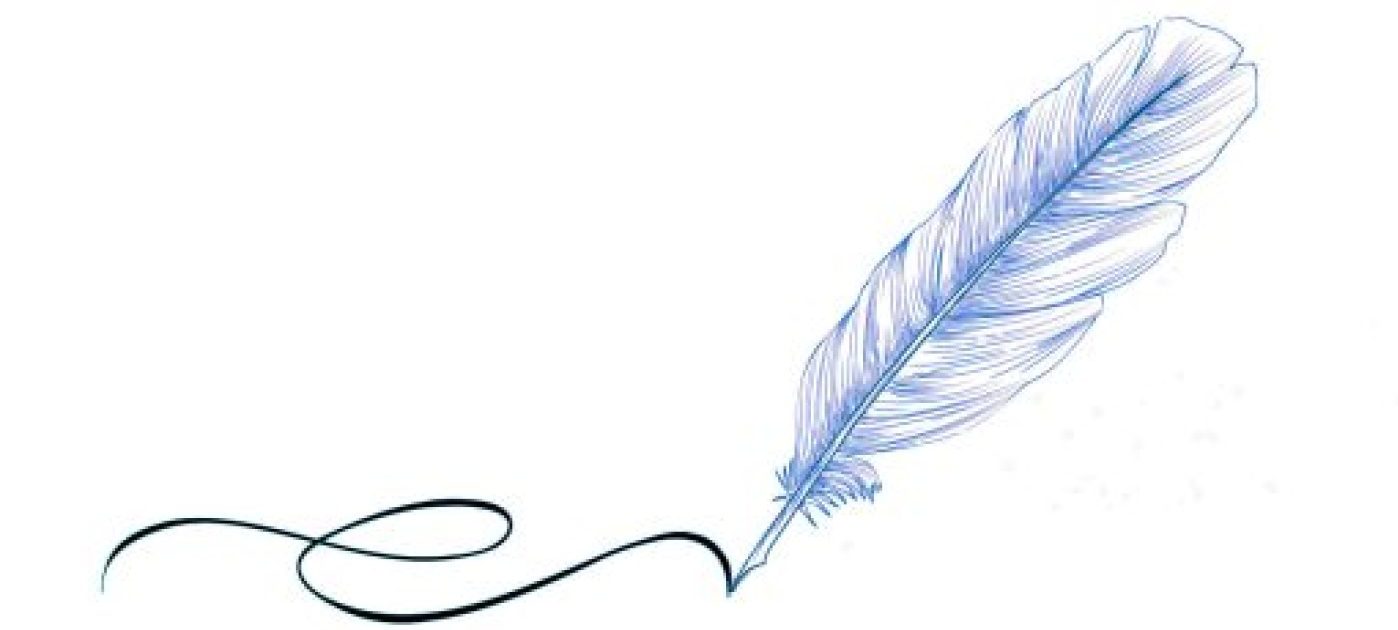In the vast landscape of literary history, the art of writing stands as a testament to human creativity, resilience, and struggle. Behind the timeless classics that adorn our bookshelves lie the untold stories of authors grappling with the complexities of their craft. From the solitary musings of Emily Dickinson to the tumultuous life of F. Scott Fitzgerald, the struggles of writing have been an enduring theme among literary giants of the past.
Take enigmatic figure of Franz Kafka, for instance. His works, characterized by themes of alienation and existential dread, were a reflection of his own inner turmoil. Kafka famously wrote in obscurity, toiling away at his desk in the dead of night, haunted by the specter of self-doubt. His letters are rife with expressions of frustration and despair, as he grappled with the Sisyphean task of giving voice to the ineffable.

Similarly, the reclusive well-loved poet Emily Dickinson navigated the labyrinthine corridors of her own mind in search of poetic truth. Enclosed within the walls of her family home, Dickinson wrestled with the elusive nature of language, striving to capture the ineffable beauty of the natural world. Her poems, characterized by their brevity and depth, stand as a testament to the power of the written word to transcend the limitations of the human condition.
In contrast to the solitude of Kafka and Dickinson, F. Scott Fitzgerald’s struggles with writing were often played out on a public stage. The embodiment of the Jazz Age, Fitzgerald wrestled with fame, fortune, and the intoxicating allure of success. Yet, behind the glitz and glamour lay a man haunted by his own insecurities and demons. Fitzgerald’s battle with alcoholism and marital strife served as a backdrop to his literary endeavors, lending a tragic dimension to his works.
What emerges from these disparate narratives is a portrait of the writer as both hero and anti-hero, grappling with the vicissitudes of inspiration and the demons of self-doubt. The struggles of writing are universal, transcending time and space to encompass the human experience in all its complexity. Yet, it is precisely through these struggles that the true beauty of literature shines forth, illuminating the darkest recesses of the human soul and offering glimpses of redemption and transcendence.
As we navigate our own creative journeys, let us take solace in the knowledge that we walk in the footsteps of giants. Like Kafka, Dickinson, Fitzgerald, and so many others, we too are engaged in a quixotic quest for the importance of meaning and truth, striving to give voice to the ineffable and make sense of the chaos that surrounds us. And though the road may be long and fraught with peril, let us take heart in the knowledge that, in the words of Woolf herself, “we are the words; we are the music; we are the thing itself.”

